Navigating the complexities of container shipping from China to New Zealand is essential for businesses and individuals looking to import goods efficiently. As the primary mode of international freight transport, container shipping allows for the secure and cost-effective movement of products across vast distances. With robust trade relations between the two nations, understanding shipping costs, methods, and the various factors that influence them can greatly enhance decision-making and logistics strategies. This guide delves into the dynamics of container shipping, providing insights into the costs associated, key considerations for importers, and practical tips for optimizing shipping expenses. Whether you are a seasoned importer or new to the process, grasping these elements is crucial to ensuring a smooth and profitable import experience.
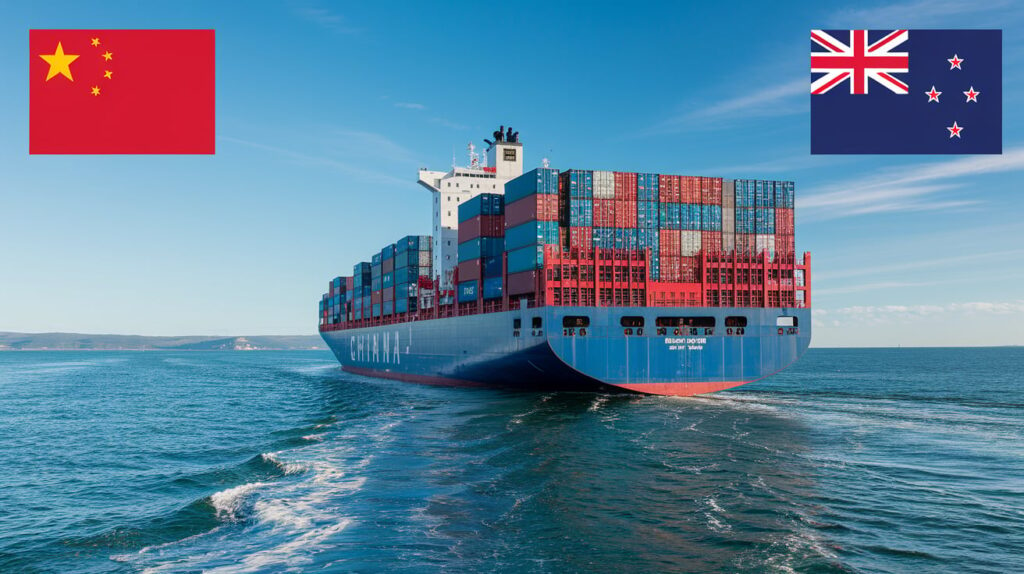
Understanding Container Shipping Costs from China to New Zealand
Container shipping serves as a vital component of international logistics, facilitating the transportation of goods across vast distances. The use of standardized containers allows for efficient loading, unloading, and transfer between various modes of transport, including ships, trucks, and trains. This method significantly reduces shipping time and costs while ensuring the safety and integrity of cargo.
In the context of China and New Zealand, the container shipping industry has grown exponentially, driven by robust trade relations. China stands as New Zealand’s largest trading partner, with a diverse range of goods flowing between the two countries. Understanding the intricacies of container shipping is essential for businesses and individuals looking to import products from China, as it directly impacts logistics strategies and overall costs.
Importance of Container Shipping in Global Trade
Container shipping plays a crucial role in global trade dynamics by enabling the efficient movement of large quantities of goods. The importance can be highlighted through several key points:
- Economies of Scale: Shipping goods in bulk via containers reduces per-unit shipping costs. This is particularly beneficial for businesses aiming to maximize profitability.
- Global Connectivity: Container shipping connects markets worldwide, facilitating international commerce. It allows countries like New Zealand to access a wide range of products from China, enhancing consumer choice and competitiveness.
- Flexibility: Container shipping offers various options, including Full Container Load (FCL) and Less than Container Load (LCL) services, allowing importers to select the most cost-effective and efficient shipping method based on their needs.
- Security: Containers provide a secure environment for goods during transit, minimizing the risk of damage or loss. This is crucial for maintaining supply chain integrity.
- Environmental Efficiency: Modern container ships are designed to minimize fuel consumption and emissions, contributing to more sustainable shipping practices.
As businesses continue to expand their global reach, understanding container shipping costs from China to New Zealand becomes essential for making informed decisions.
Read More:
- Shipping From China to the United States
- Shipping From China TO CANADA
- Shipping From China To Netherlands
- Shipping From China To UNITED KINGDOM
- Shipping From China To ALGERIA
- Shipping from China to UAE
- Shipping from China to Saudi Arabia
20 ft Container Shipping Cost from China to New Zealand
Cost Breakdown for 20ft Containers
When assessing the cost of shipping a 20 ft container from China to New Zealand, it is important to understand the various factors that contribute to the overall expenses. Below is a comprehensive breakdown of these costs:
| Cost Component | Description | Estimated Cost (USD) |
|---|---|---|
| Base Freight Rate | The cost charged by the shipping line for the transport of the container over the ocean. | $800 – $1,200 |
| Port Charges | Fees associated with loading and unloading at ports, including terminal handling charges. | $200 – $400 |
| Customs Duties & Taxes | Import duties and taxes imposed by New Zealand authorities on incoming goods. | Varies based on goods |
| Insurance | Optional coverage to protect against potential loss or damage during transit. | $50 – $150 |
| Inland Transportation | Costs for transporting goods from the port to final destination within New Zealand. | $300 – $600 |
| Documentation Fees | Charges for preparing necessary shipping documentation, such as bills of lading and customs declarations. | $100 – $200 |
| Additional Fees | Miscellaneous charges such as demurrage, loading/unloading fees, or special handling fees. | Varies |
Total Estimated Cost
When all the components are summed, the total estimated cost for shipping a 20 ft container from China to New Zealand typically ranges from $1,600 to $2,400. It is important to note that these figures can fluctuate based on shipping line, destination port within New Zealand, type of cargo, and market conditions.
As you navigate the complexities of importing goods from China to New Zealand, partnering with a reliable freight forwarder is essential. Dantful International Logistics offers cost-effective and high-quality shipping solutions, including customs clearance, and insurance services, ensuring a seamless import experience. Whether you’re interested in Door to Door Shipping or specific freight requirements, Dantful can cater to all your logistics needs effectively.
40 ft Container Shipping Cost from China to New Zealand
Cost Breakdown for 40ft Containers
Shipping a 40 ft container from China to New Zealand involves various cost components that collectively determine the final price. This type of container is ideal for larger shipments and can accommodate a greater volume of goods compared to a 20 ft container. Below is a detailed breakdown of significant cost factors associated with shipping a 40 ft container:
| Cost Component | Description | Estimated Cost (USD) |
|---|---|---|
| Base Freight Rate | This is the primary charge by the shipping line for transporting the container across the ocean. | $1,200 – $1,800 |
| Port Charges | Fees incurred at the port for loading and unloading operations, including terminal handling charges. | $300 – $600 |
| Customs Duties & Taxes | Import taxes and duties levied by New Zealand authorities based on the nature of the goods. | Varies based on goods |
| Insurance | Coverage to protect against risk of loss or damage during transit. | $100 – $300 |
| Inland Transportation | Costs incurred for the movement of goods from the port to their final destination within New Zealand. | $400 – $800 |
| Documentation Fees | Charges for preparing shipping documents, such as bills of lading and customs declarations. | $150 – $250 |
| Additional Fees | Other potential costs, including demurrage, loading/unloading, or special handling fees. | Varies |
Total Estimated Cost
The total estimated cost for shipping a 40 ft container from China to New Zealand typically ranges from $2,500 to $4,200. However, these figures may fluctuate based on specific shipping lines, the destination port within New Zealand, the type of cargo, and prevailing market conditions.
Utilizing a service provider with expertise in international logistics can help businesses navigate these costs effectively. Dantful International Logistics is positioned to offer tailored solutions for your shipping needs, ensuring a focus on quality, cost-effectiveness, and reliability.
You may be interested in the following related articles:
Factors Influencing Container Shipping Costs
Several elements play a crucial role in determining the overall cost of container shipping from China to New Zealand. Understanding these factors will enable importers to make informed decisions and optimize their shipping strategies.
Type of Container: FCL vs. LCL
One of the primary considerations in shipping costs is the type of container selected:
-
Full Container Load (FCL): This option is ideal for businesses that have enough goods to fill an entire container. It generally offers lower shipping costs per unit due to economies of scale. In addition, FCL shipments tend to have quicker transit times as they do not require consolidation or deconsolidation at ports.
-
Less than Container Load (LCL): This option is suitable for smaller shipments that do not occupy a full container. While LCL can save costs for smaller loads, it often incurs higher per-unit shipping rates due to the additional handling involved. The transit time may also increase as multiple shipments are consolidated into one container.
Distance and Shipping Routes
The distance between ports and the specific shipping routes taken significantly influence shipping costs. Longer distances typically result in higher freight rates. Additionally, the chosen route’s efficiency and the availability of direct shipping services can affect transit times and costs.
Seasonal Variations in Shipping Costs
Shipping costs are subject to seasonal variations driven by demand fluctuations. For instance, peak seasons, such as pre-holiday periods, see increased demand for shipping services, leading to higher rates. Conversely, during off-peak seasons, rates may decrease due to lower demand. Importers should consider timing their shipments strategically to take advantage of these fluctuations.
Impact of Fuel Prices on Shipping Rates
Fuel prices directly affect shipping costs, as they constitute a significant portion of operational expenses for shipping lines. Increases in fuel prices often lead to surcharges being applied to shipping rates. Conversely, when fuel prices decrease, shipping lines may reduce these surcharges, resulting in lower overall shipping costs. Importers should monitor fuel price trends, as they can have a substantial impact on the total cost of container shipping.
Engaging a knowledgeable freight forwarder like Dantful International Logistics can provide valuable insights into managing shipping costs effectively. By understanding the various factors that influence container shipping rates, businesses can optimize their logistics strategies and enhance their import processes.
Additional Costs to Consider in Container Shipping
When shipping containers, particularly from China to New Zealand, there are various additional costs that importers must consider beyond just the basic freight charges. Understanding these costs is crucial for accurate budgeting and effective financial planning.
Customs Duties and Taxes
Customs duties and taxes are government-imposed fees on goods imported into New Zealand. These charges can vary significantly based on several factors, including:
- Commodity Classification: The type of goods being imported is classified under specific tariff codes, which dictate the applicable duty rates. For instance, electronics may attract different rates compared to textiles.
- Valuation: Duties are typically calculated as a percentage of the total value of the goods being imported, including the cost of shipping. Importers must ensure correct valuation to avoid penalties and delays.
- Goods and Services Tax (GST): New Zealand imposes a 15% GST on most imported goods, which is calculated on the sum of the customs value, applicable duties, and any other charges incurred.
Being aware of these customs duties and taxes can help businesses plan their import budgets more effectively and avoid unexpected costs during the shipping process.
Handling and Port Fees
Handling and port fees encompass various charges associated with the logistics of moving containers through ports. Key components include:
- Terminal Handling Charges (THC): These are fees charged by terminals for the handling of containers, including loading and unloading from vessels.
- Stevedoring Fees: These fees are associated with the labor involved in the loading and unloading processes at the port.
- Storage Fees: If containers remain at the port longer than the agreed timeframe, storage fees may apply, which can accumulate rapidly and add to overall shipping costs.
It’s vital to understand these fees when budgeting for container shipping to New Zealand to avoid potential surprises that could impact the overall cost.
Insurance Costs for Container Shipping
Insurance is a critical component of container shipping that provides protection against potential losses or damages during transit. Key considerations include:
- Types of Coverage: Importers can choose from various insurance options, including all-risk coverage, which protects against most risks, or named perils coverage, which only covers specific risks.
- Premium Rates: Insurance premiums can vary based on the value of the goods being shipped, the type of coverage chosen, and the shipping mode (air freight vs. ocean freight). Typically, insurance costs range from 0.5% to 2% of the total cargo value.
Securing adequate insurance is essential for protecting investments in goods imported from China, ensuring peace of mind during transit.
Tips for Reducing Container Shipping Costs
To optimize shipping expenses, importers can adopt several strategies that focus on efficiency and cost-effectiveness. The following tips can lead to significant savings on container shipping from China to New Zealand.
Choosing the Right Freight Forwarder
Selecting the right freight forwarder is paramount for minimizing shipping costs. Consider the following:
- Experience and Reputation: Opt for a freight forwarder with a proven track record in international shipping and extensive knowledge of the China-New Zealand route. Experienced agents can negotiate better rates and provide valuable insights into managing costs.
- Comprehensive Services: Choose a provider that offers a full range of services, including customs clearance, insurance, and warehousing, which can streamline logistics and reduce overall costs.
Engaging a reputable freight forwarder like Dantful International Logistics can facilitate a more efficient shipping process.
Effective Planning and Scheduling
Strategic planning and scheduling can significantly impact shipping costs. Implement the following practices:
- Book in Advance: Early bookings can often secure lower rates and greater availability of shipping options.
- Consider Off-Peak Times: Shipping during off-peak seasons can result in reduced rates, as demand is lower, making it easier to negotiate better terms.
By planning shipments around demand fluctuations, businesses can capitalize on more favorable pricing.
Utilizing Freight Calculators
Freight calculators are valuable tools for estimating shipping costs quickly and accurately. Consider these benefits:
- Cost Transparency: Using a freight calculator allows importers to evaluate various shipping options, helping to pinpoint the most cost-effective solutions.
- Comparison: Freight calculators can compare rates from different carriers, enabling businesses to make informed decisions based on their budget constraints.
Utilizing these tools can lead to more effective financial planning and better management of shipping expenses.
Consolidating Shipments for Cost Efficiency
Consolidation involves grouping multiple shipments into a single container, which can yield significant savings. Key advantages include:
- Reduced Per-Unit Cost: By consolidating shipments, businesses can take advantage of economies of scale, thus lowering the overall shipping cost per unit.
- Simplified Logistics: Consolidation can streamline customs processes and reduce paperwork, making the import process more efficient.
Importers should explore opportunities for shipment consolidation, particularly when shipping smaller loads from China to New Zealand, to enhance cost efficiency.
Adopting these strategies can lead to significant reductions in container shipping costs, allowing businesses to maintain a competitive edge in the global market. For more tailored logistics solutions, explore the services provided by Dantful Logistics, ensuring your shipping needs are met efficiently and cost-effectively.
Dantful International Logistics Services:
- Dantful Ocean Freight Services
- Air Freight From China
- Amazon FBA Freight Forwarding
- WAREHOUSE Services
- One-Stop Customs Clearance Solution
- Cargo Insurance Services in China
- DDP Shipping Services By Dantful Logistics
- Out of Gauge Cargo Transportation Shipping Services

Young Chiu is a seasoned logistics expert with over 15 years of experience in international freight forwarding and supply chain management. As CEO of Dantful International Logistics, Young is dedicated to providing valuable insights and practical advice to businesses navigating the complexities of global shipping.
The other language versions of this article
- الدليل الشامل لتكاليف شحن الحاويات من الصين إلى نيوزيلندا في عام 2024
- De ultieme gids voor containerverzendingskosten van China naar Nieuw-Zeeland in 2024
- Le guide ultime des coûts d’expédition de conteneurs de la Chine vers la Nouvelle-Zélande en 2024
- Der ultimative Leitfaden zu den Containerversandkosten von China nach Neuseeland im Jahr 2024
- La guida definitiva ai costi di spedizione dei container dalla Cina alla Nuova Zelanda nel 2024
- La guía definitiva sobre los costes de envío de contenedores desde China a Nueva Zelanda en 2024
- O guia definitivo para custos de transporte de contêineres da China para a Nova Zelândia em 2024
- Полное руководство по стоимости контейнерных перевозок из Китая в Новую Зеландию в 2024 году
- 2024’te Çin’den Yeni Zelanda’ya Konteyner Nakliye Maliyetlerine İlişkin Nihai Kılavuz

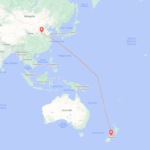

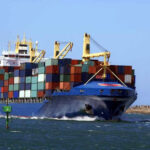





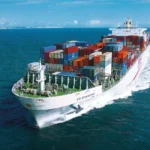

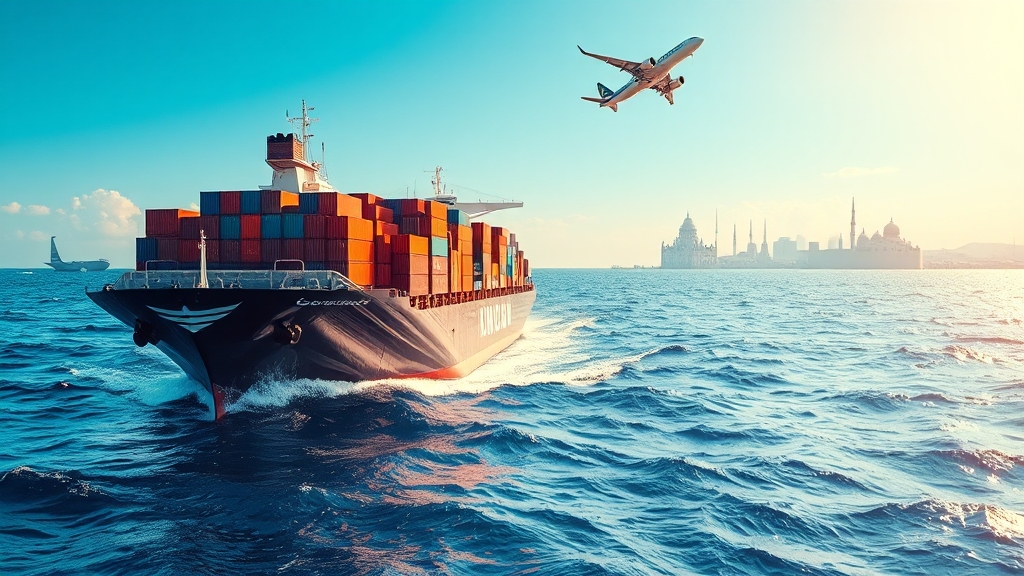
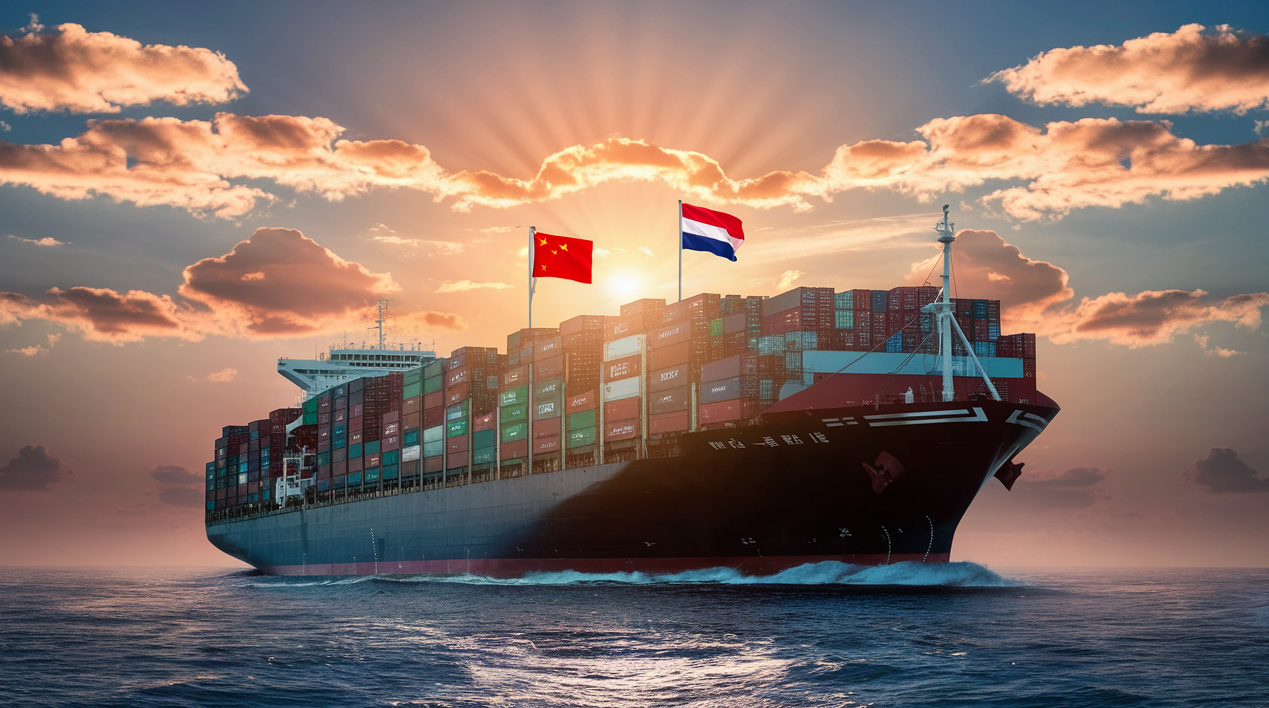
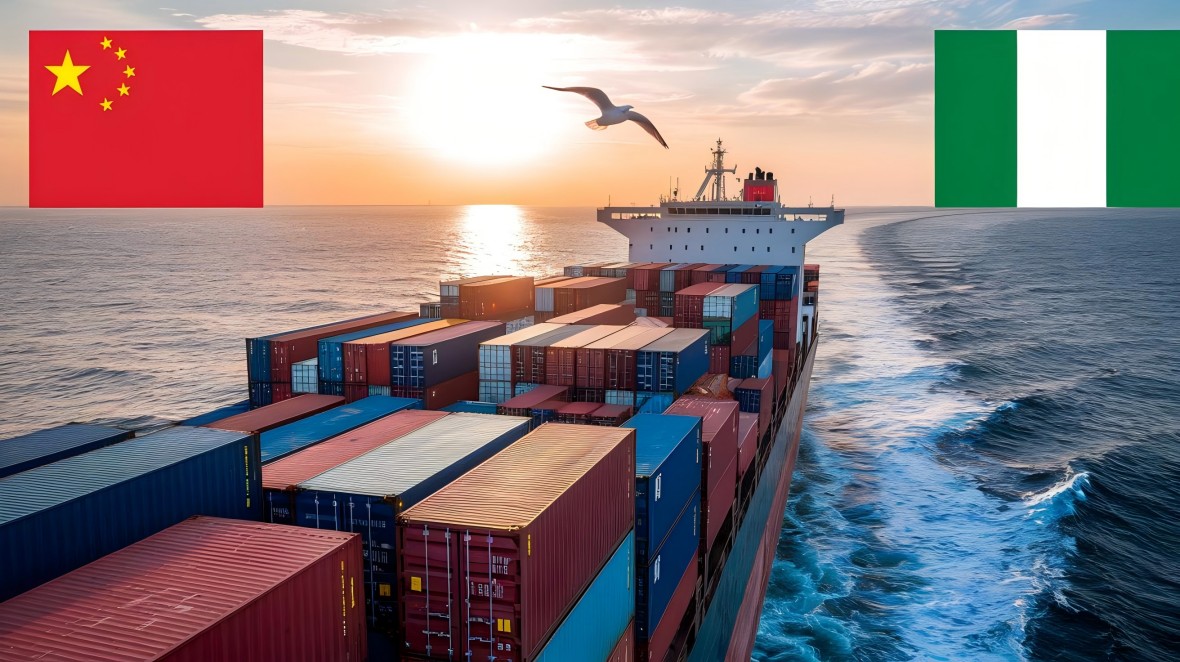
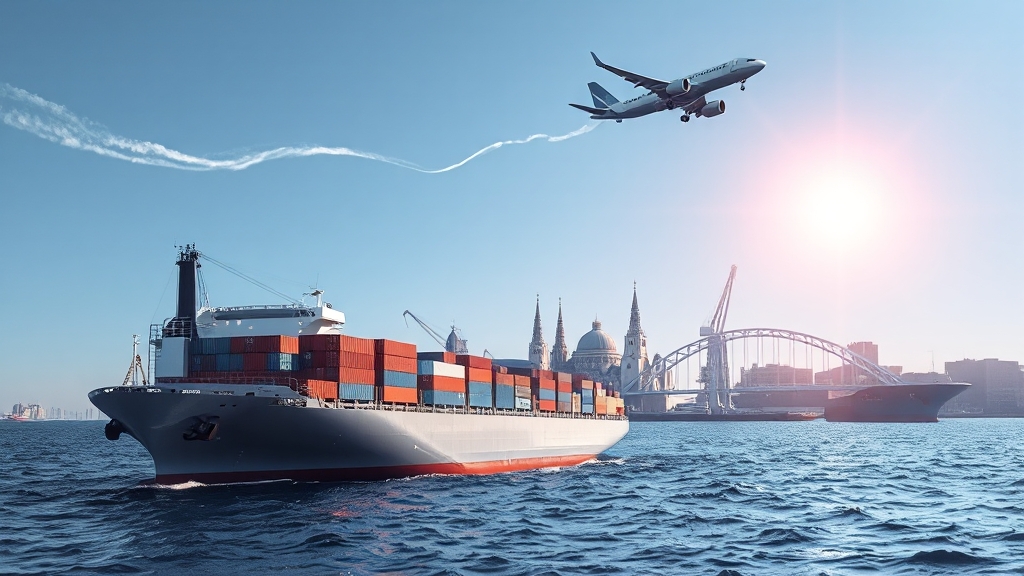
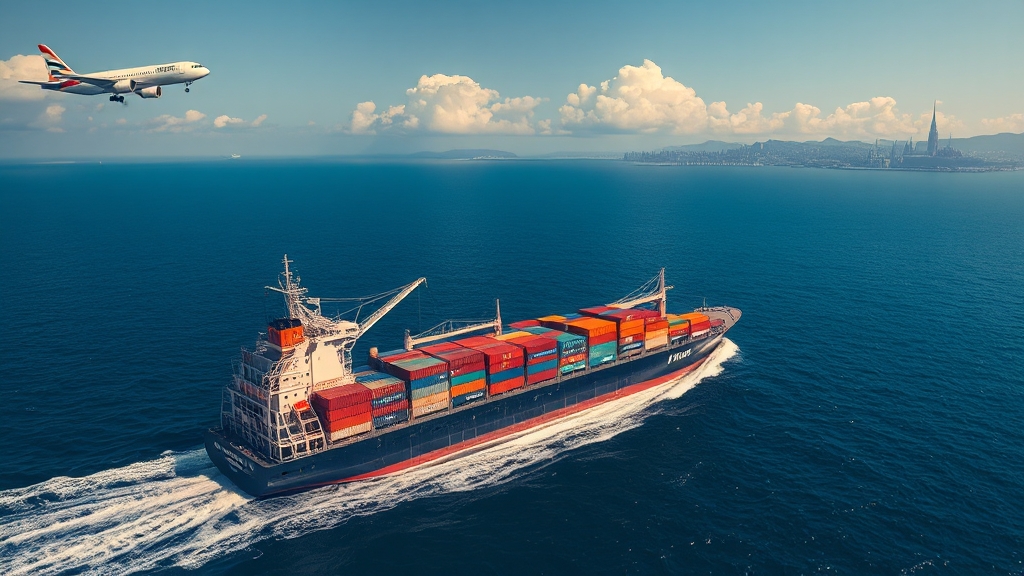





 Afrikaans
Afrikaans Shqip
Shqip አማርኛ
አማርኛ العربية
العربية Հայերեն
Հայերեն Azərbaycan dili
Azərbaycan dili Euskara
Euskara Беларуская мова
Беларуская мова বাংলা
বাংলা Bosanski
Bosanski Български
Български Català
Català Cebuano
Cebuano Chichewa
Chichewa 简体中文
简体中文 繁體中文
繁體中文 Corsu
Corsu Hrvatski
Hrvatski Čeština
Čeština Dansk
Dansk Nederlands
Nederlands English
English Esperanto
Esperanto Eesti
Eesti Filipino
Filipino Suomi
Suomi Français
Français Galego
Galego ქართული
ქართული Deutsch
Deutsch Ελληνικά
Ελληνικά Kreyol ayisyen
Kreyol ayisyen Harshen Hausa
Harshen Hausa Ōlelo Hawaiʻi
Ōlelo Hawaiʻi עִבְרִית
עִבְרִית हिन्दी
हिन्दी Hmong
Hmong Magyar
Magyar Íslenska
Íslenska Igbo
Igbo Bahasa Indonesia
Bahasa Indonesia Gaeilge
Gaeilge Italiano
Italiano 日本語
日本語 Basa Jawa
Basa Jawa ಕನ್ನಡ
ಕನ್ನಡ Қазақ тілі
Қазақ тілі ភាសាខ្មែរ
ភាសាខ្មែរ 한국어
한국어 كوردی
كوردی Кыргызча
Кыргызча ພາສາລາວ
ພາສາລາວ Latin
Latin Latviešu valoda
Latviešu valoda Lietuvių kalba
Lietuvių kalba Lëtzebuergesch
Lëtzebuergesch Македонски јазик
Македонски јазик Malagasy
Malagasy Bahasa Melayu
Bahasa Melayu മലയാളം
മലയാളം Maltese
Maltese Te Reo Māori
Te Reo Māori मराठी
मराठी Монгол
Монгол ဗမာစာ
ဗမာစာ नेपाली
नेपाली Norsk bokmål
Norsk bokmål پښتو
پښتو فارسی
فارسی Polski
Polski Português
Português ਪੰਜਾਬੀ
ਪੰਜਾਬੀ Română
Română Русский
Русский Samoan
Samoan Gàidhlig
Gàidhlig Српски језик
Српски језик Sesotho
Sesotho Shona
Shona سنڌي
سنڌي සිංහල
සිංහල Slovenčina
Slovenčina Slovenščina
Slovenščina Afsoomaali
Afsoomaali Español
Español Basa Sunda
Basa Sunda Kiswahili
Kiswahili Svenska
Svenska Тоҷикӣ
Тоҷикӣ தமிழ்
தமிழ் తెలుగు
తెలుగు ไทย
ไทย Türkçe
Türkçe Українська
Українська اردو
اردو O‘zbekcha
O‘zbekcha Tiếng Việt
Tiếng Việt Cymraeg
Cymraeg יידיש
יידיש Yorùbá
Yorùbá Zulu
Zulu